Integrated Water Resources Management and Collaboration: The Failure of the Klamath River Agreements
Title: Integrated Water Resources Management and Collaboration: The Failure of the Klamath River Agreements
Category: Academic Article
File: McCool_2018__0426_Integrated-WRM-and-collaboration-the-failure-of-the-klamath-agr.pdf
Updated Date: 05.01.2018
Author(s)/Source(s): Daniel McCool
Publication Date: 2018
Focal Topic: Mainstem Klamath River, Dam Operations
Location: Klamath Basin
Watershed Code: 180102
Integrated Water Resources Management (IWRM) is one of the most utilized models in water policy and administration. One of the crucial components in IWRM is collaboration, where multiple stakeholders negotiate solutions. This article explores the role of collaboration in one of the most contentious water conflicts in the nation—the Klamath River. The range of stakeholders is enormous and complex, including Indian tribes, farmers, fishermen, recreationists, environmentalists, advocates of endangered species, two states, and multiple federal agencies. The parties in the Klamath Basin negotiated three settlements to resolve many of the major issues. However, the U.S. Congress failed to approve the settlements in late 2015, effectively ending this long-term effort to resolve these vexing issues through collaborative negotiations. This conflict is analyzed using a multi-method approach, and discusses how the failure of the settlement process can provide insights into the role of collaboration in IWRM, and suggests refinements to the model.
Keyword Tags:Integrated Water Resources Management (IWRM), Klamath River Basin, Klamath Bureau of Reclamation, Klamath Irrigation Project, Klamath Hydroelectric Settlement Agreement (KHSA)
